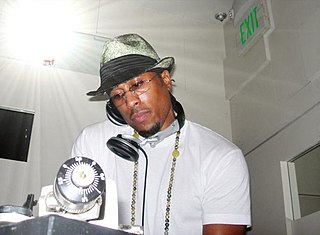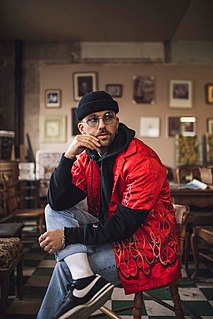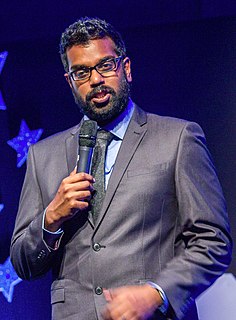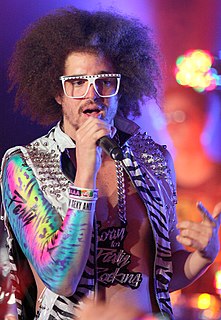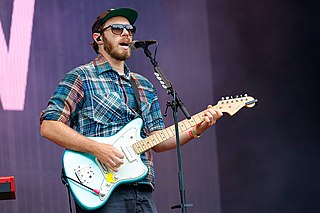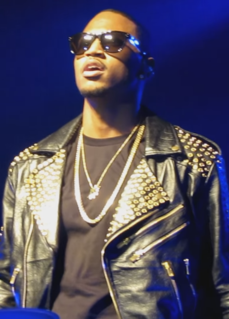A Quote by Afrika Bambaataa
People get caught up in worshipping certain rappers, or they try to demonise hip hop by looking at what certain rappers are doin' in their lives.
Related Quotes
This is where hip-hop has become so doomed lately, in this confusion that rappers are street guys. You are not street guys. Get out of that mentality. It's killing hip hop creatively, and it's killing morally. I just think it's a disaster. You're not in the streets and do not be confused about that. You're in legitimate businesses.
In terms of content, a lot of rap is crap, with all the sexism and homophobic bullshit. It's incredible how rappers are always preaching nonconformity - you know, "I'm just gonna go my own way and be my own man and blah blah blah" - but they're the first ones to do so many things that they have to do. They have to do that hip-hop thing, a certain way of walking, and it's so conformist.
Barriers have been broken: rappers are singing, and singers are rapping. You might catch a rapper on a rock song, a pop artist on a hip-hop song - there are so many different things that are going on today. That is the same way in which we live our lives; we're all over the place. I like to try different things.


